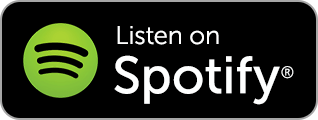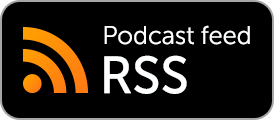For the 133rd edition of the Kaspersky Transatlantic Cable podcast, we set clear boundaries of what Dave and I are not experts on. Spoiler: it is a pretty large list.
To kick things off, we look at the digital impact of the novel coronavirus (aka COVID-19). Like many major world events, cybercriminals are using this as a platform for illicit gains. Be careful what you click on, friends.
From there, we hop over to a story about the tables being turned on a scam call center in India. Now, the actions were of questionable legality, but those of us who have been spam-called by one of these centers will still find it somewhat rewarding. The third story crosses the pond to the US, where we discuss facial recognition and the protests against it within the country’s higher-education community.
Cambridge Analytica also resurfaces, but this time in Australia, where Facebook faces some potential fines. Finally, we head back to the US for a look at Comcast Xfinity leaking customers’ information that was supposed to be kept private before we close out looking at the story of a dog walker finding sensitive data.
If you like what you heard, please consider sharing with your friends or subscribing. For more details on the stories from this week, please click the links below.
- Coronavirus map used to spread malware
- Scam call centre owner in custody after BBC investigation
- “Ban this technology”: Students protest US universities’ use of facial recognition
- Cambridge Analytica: Australia takes Facebook to court over privacy
- Comcast Xfinity published the contact details of 200,000 customers who paid for them to be kept private
- Dog walker finds West Suffolk Hospital patient records
 podcast
podcast




 Tips
Tips